6 min read
I Was Once Where They Are
“Jesus had been with me through it all; I just didn’t have my eyes open."
3 min read
 Barbara Comito, former marketing director
:
March 26, 2014
Barbara Comito, former marketing director
:
March 26, 2014
Often when I forget why I am here – why I am writing yet another newsletter story, wracking my brain for a bit of Facebook insight or trying to come up with a new way to say “thank you” – I wander into the UGM chapel for community meeting, the daily check-in time where announcements, agenda items and prayer requests are shared. Without fail, I leave 30 to 45 minutes later with a renewed sense of purpose. This morning was no exception.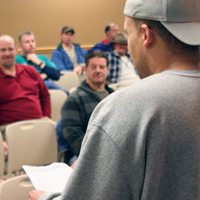
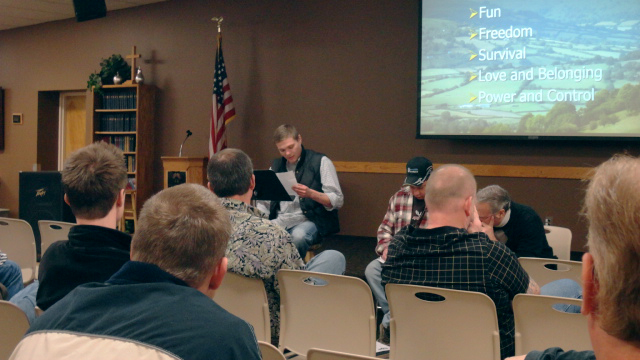
The meeting was already in progress when I got there, so I sat in the back row of beige, plastic chairs and noted the slight variations on the Mission uniform – jeans, faded plaid flannel, sweatshirt and baseball cap. One neon orange sweatshirt stood out in the middle of the room, as did the crisp white kitchen uniform toward the front worn by a young man with one-inch gauges in his ears.
The centerpiece of the community meeting is the self-evaluation time when men stand, one at a time, in front of their peers in the LIFE Recovery program and analyze a specific choice they’ve made. (Pause for just a moment and think about that. Men in their early 20s to late 60s standing in front of a group of their peers. Talking about themselves. Admitting mistakes. Splitting themselves open and inviting spectators to take a look. Amazing.)
The format is consistent: The self-evaluator reads a set of questions and answers he has prepared beforehand. The floor is then open for respectful questions – framed in such a way as to help the person evaluating his behavior probe the issue more deeply.
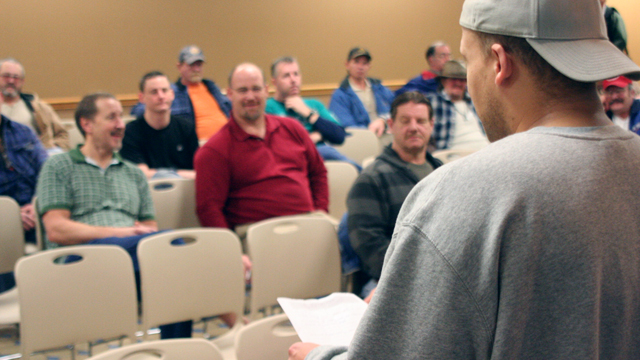
One man said he chose to write a letter expressing forgiveness to his brother. Another man’s choice was to push people away with bullying behavior. And another chose to skip his required time in the VocEd Center. The questions that followed showed remarkable insight: What’s your self-talk been like around this issue? How hard would it be for you to let the community see the real you? What basic need were you trying to meet? What wounds do you have around learning or school? How has avoidance been a part of your life in the past and how has that worked for you?
Several years ago, UGM chose to replace a rules-based approach to recovery with the Grace Process. The self-evaluation is one of the pillars in this process and complements the other three: 1) finding your identity as a child of God; 2) using Christlikeness as the standard for all behavior; and 3) complete accountability. The old program tended to stress conformity, a sort of checking-the-boxes mentality, while the new program stresses transformation from the inside out.
The premise is this: It’s not enough to change outward behavior. You have to look at what was driving that behavior. “To change what you do, you must change who you are.” (The Genesis Process)
At the end of this morning’s meeting, Counselor John Dunne reflected on a few of the men’s evaluations: “Everybody here has gone through some pretty severe damage in his life. You developed coping mechanisms to survive until the coping mechanisms themselves became the problem. Your response to the abuse became its own prison – keeping you from real relationships. You have chosen to come out of hiding, to be naked and vulnerable. Rest assured, there will be irritation, pain and conflict as a result. That’s part of the process. Don’t be surprised. Welcome to recovery. You are not alone. We are all in it together."
Every time I go to community meeting, I am struck by these men’s courage. They are risking embarrassment, humiliation even, by standing in front of thirty or so of their peers, as well as staff and volunteers, and exposing what it would be so much easier to keep hidden.
Program Director Jerry Reese often says, “If you take it seriously, this is the hardest work you will ever do.”
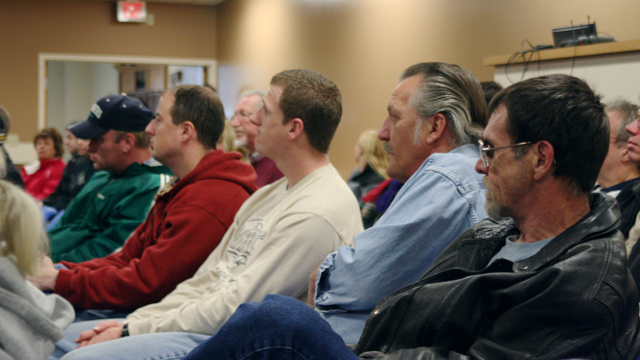
Needless to say, I was inspired as I went back to my office. I wanted to find engaging ways to tell the story of what these men (and their female counterparts in our women's programs) are doing, how donations turn into discipleship. I wanted to say how I can't imagine a more worthwhile way to invest your money.
At the same time, I was again inspired to look at my choices, my behavior, and do the hard work of discipleship in my own life.
Staff are invited to enter into this journey and do our own self-evaluations. As a means of giving you a closer look at the process, I’ll share a self-evaluation of my own in my next post.
- Barbara Comito, UGM staff writer
We're excited to introduce a new video series: The Counselor's Couch. In this series, UGM professionally-trained counselors will address issues that impact all our lives - conflict management, relationships, anxiety, addiction, and more. Click on the link below for the first installment. Master's-level counselor John Dunne explains the progressive nature of addiction.
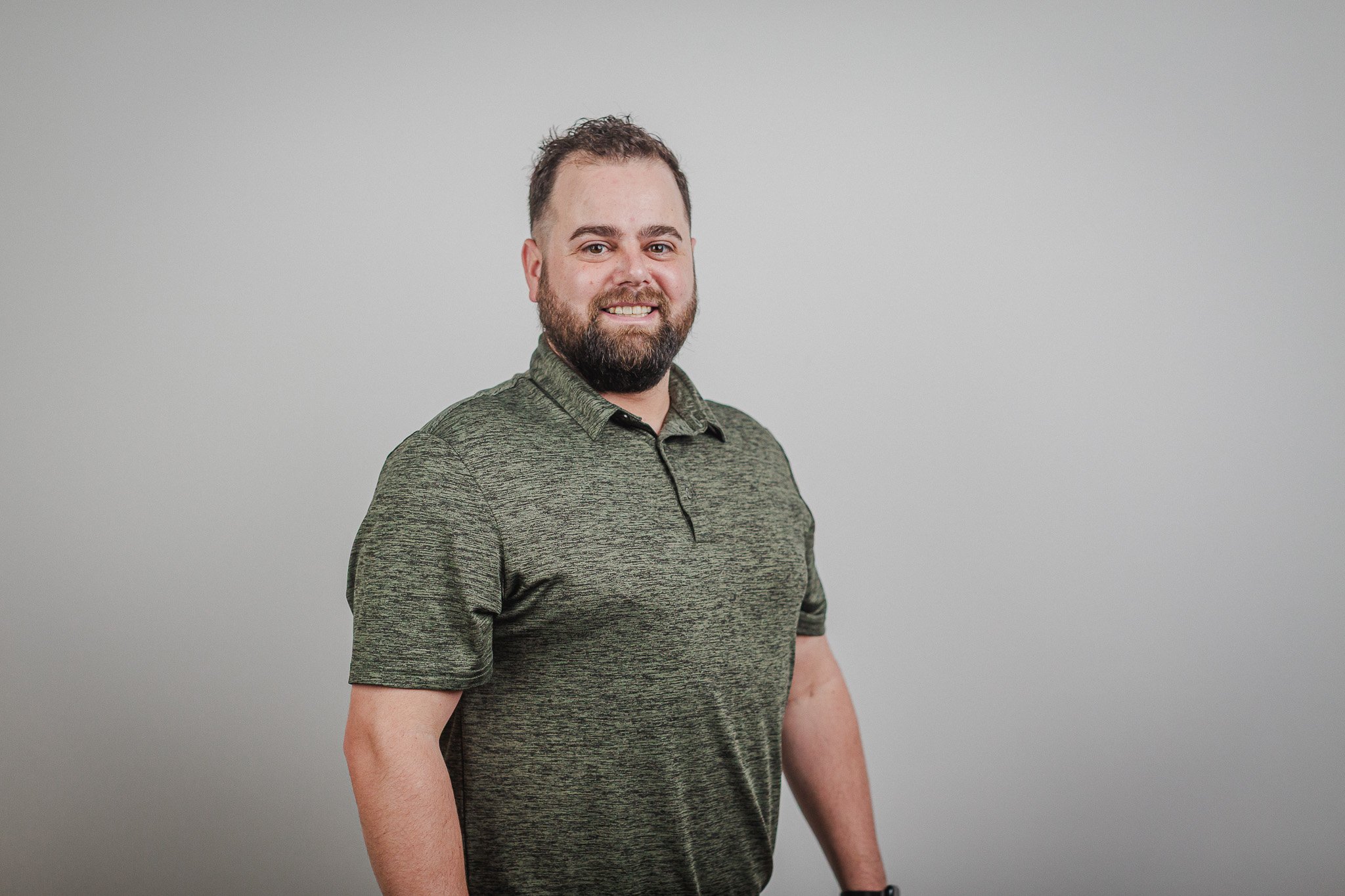
6 min read
“Jesus had been with me through it all; I just didn’t have my eyes open."

2 min read
“Let us hold unswervingly to the hope we profess, for He Who promised is faithful…Jesus Christ is the same yesterday, today, and forever.” (Hebrews...

9 min read
To celebrate 75 years of serving the Inland Northwest, we are spending the year remembering our history and the faithfulness that built us and...
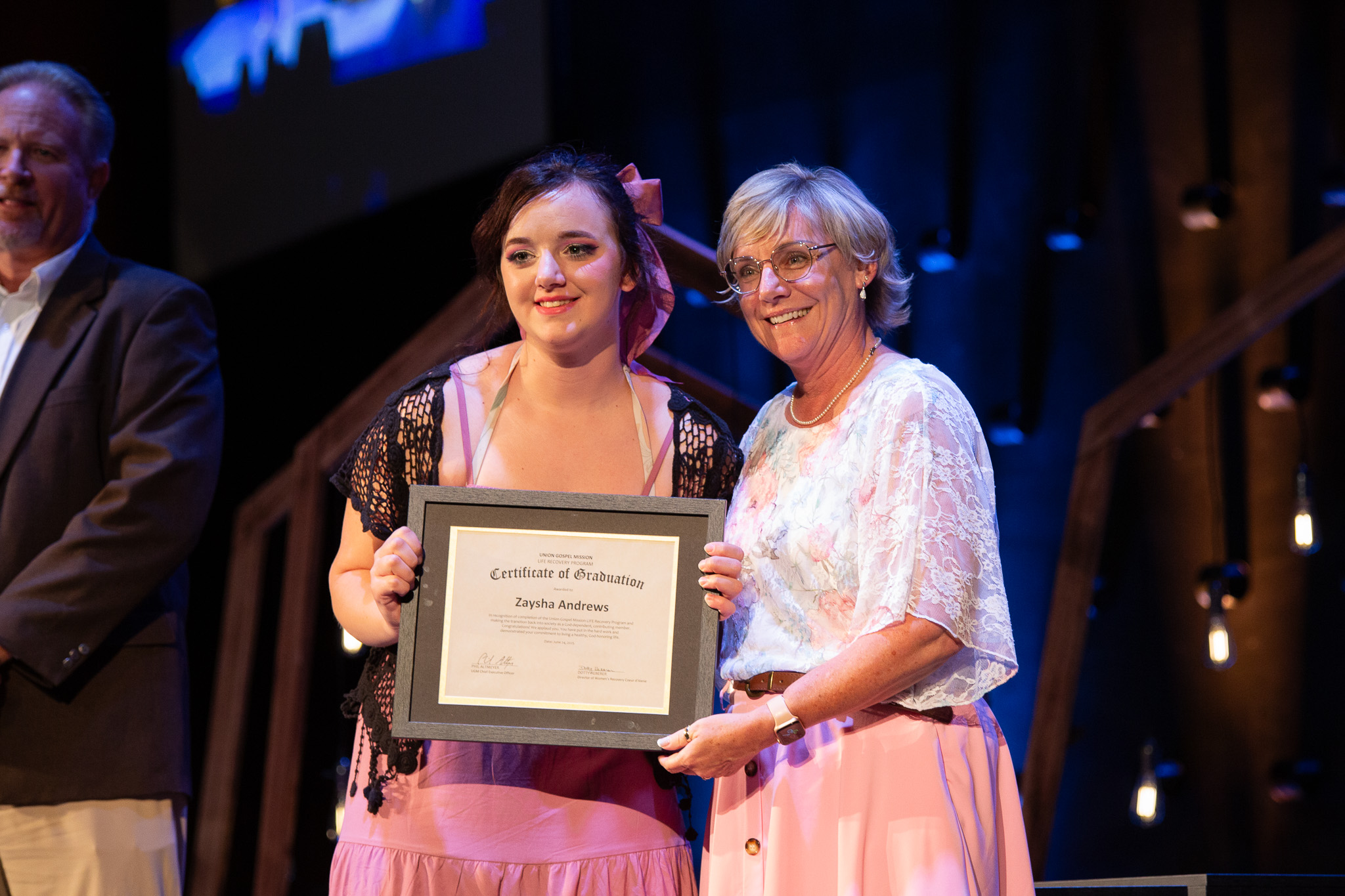
The 2025 Life Recovery commencees have journeyed through deep valleys of struggle and hardship. Yet, with resilience and grace, they have emerged...
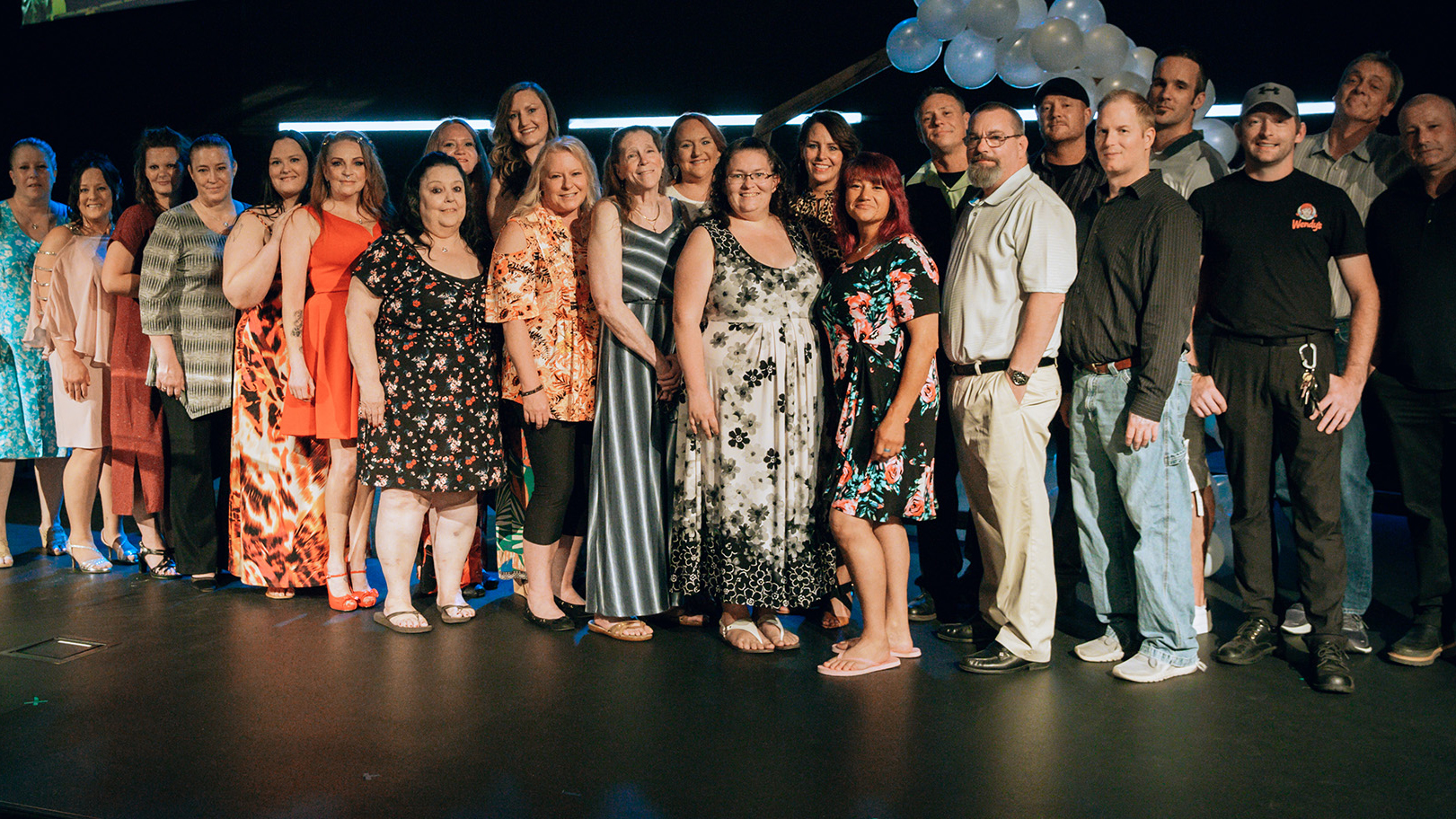
Summer is a time of celebration at UGM. At the annual LIFE Recovery Commencement, we honor the most recent participants who have reached the end of...
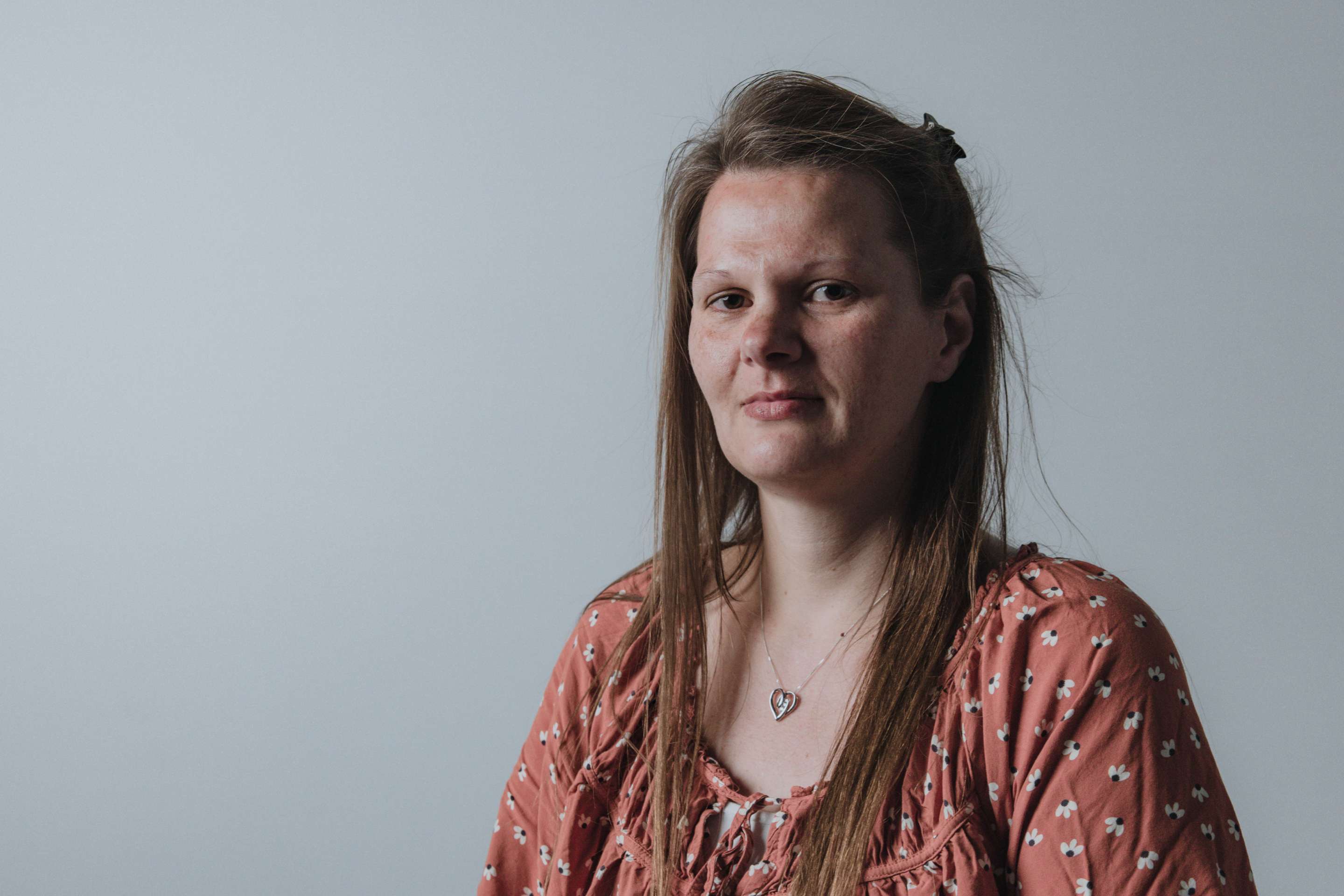
We know people need love. People need a safe community, connections to housing, medical care, and jobs. They need to know they’re not alone, they’re...